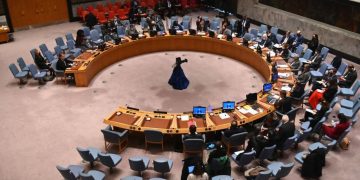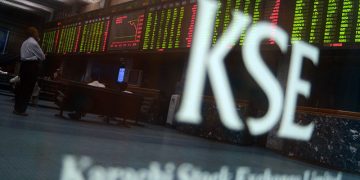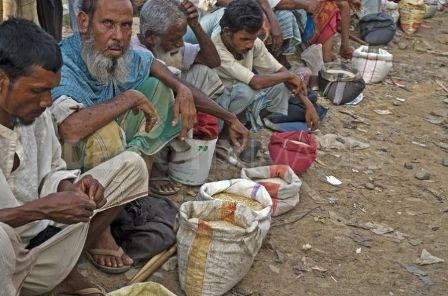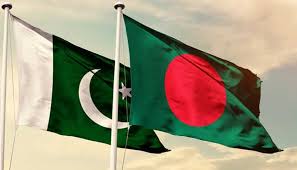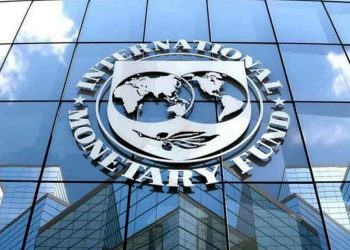The price of sugar in the country has risen unruly to record high as the mill owners passed the blame onto skyrocketing rate of daily-use commodity in the global market besides other factors such as smuggling and free fall of rupee against the US dollar.
The price of a kilogram (kg) of sugar has swelled to Rs180 in some parts of the country.
Pakistan Sugar Mills Association (PSMA) has exonerated the export factor in the rising price and instead cited production shortage as the cause behind it.
It said that the rise in price is due to a number of factors, including the depreciation of rupee, international market price of sugar, and smuggling.
The officials said that Pakistan needs 9.5 million metric tons of sugar before the crushing season, but only has two million metric tons in stock.
They also pointed out that the government only allowed the export of 0.25 million metric tons of sugar despite surplus production.
Replying to a post on a news report which claimed that shortfall of commodity was due to policies of Pakistan Democratic Movement (PDM) government, ex-finance minister Ishaq Dar said that there was no need for raising false alarm over existing sugar stocks of 2.3 million metric tons while nationwide monthly consumption was only over half a million metric tons.
He said that Pakistan will have additional one million metric tons of natural sweetener at the start of crushing season due in November.
“With the next crushing season only 2.5 months away ie by 16November 2023, there is no need for raising false alarm over existing sugar stocks of 2.3 million metric tons. Monthly consumption of sugar is just over half million mt and opening stock at the start of new crushing season in mid-Nov23 will be around one million metric tons,” he posted on ‘X’.
“Increase in retail prices is thus not a reflection of stock position but exploitative policies of unscrupulous businesses and poor governance,” he went on to write.
Dar clarified that the PDM government had only allowed the export of 250,000 metric tons of sugar after checking the country’s sugar reserves which earned $125 million in foreign exchange.



